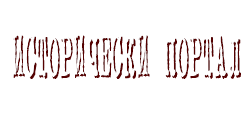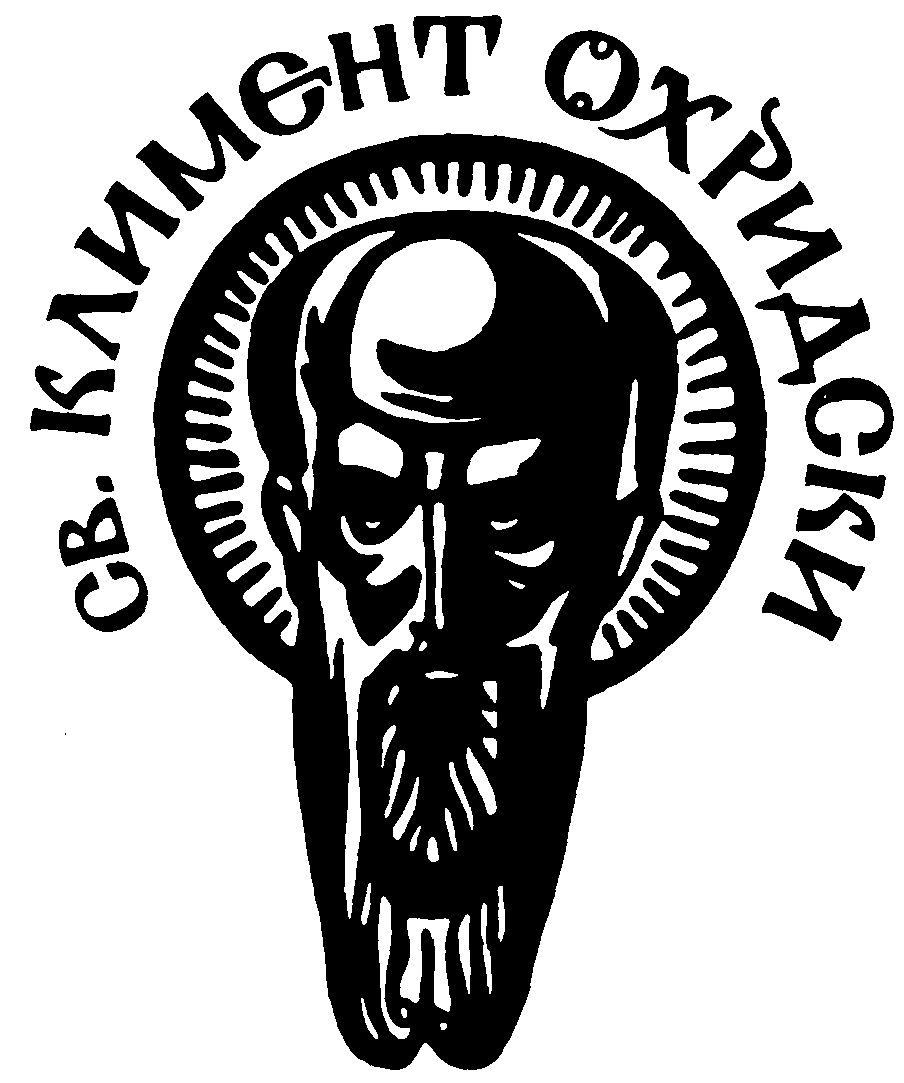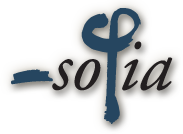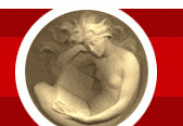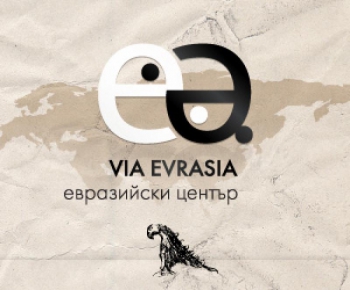GREECE: War Averted. - Time, XI 02, 1925, електронен архив
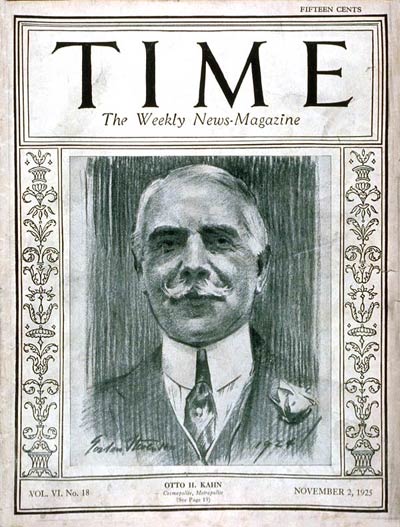
GREECE: War Averted XI 02, 1925
Somewhere along the Macedonian frontier between Greece and Bulgaria someone shot or shot at a sentinel. In the incendiary Near East one bullet is certain to breed many. Before the day was out, Bulgarians were storming a Greek blockhouse and Greeks were pouring into Bulgaria and shelling the Bulgar town of Petrich. Amid these scenes of violence the last thing ascertainable was whether the sentinel originally fired upon had been a Greek or a Bulgarian.
The Greeks addressed a "48-hour ultimatum" to Sofia, in which they charged that a Greek sentinel and later a Greek officer bearing a flag of truce had been wantonly shot and killed by Bulgarians. For this injury to her "national dignity" Greece demanded an indemnity of 6 million drachmas (about $80,400).
Bulgaria retorted by sending a note to the League of Nations wherein she described minutely how a Bulgarian sentinel had been wantonly fired upon by Greek soldiers, who, when he returned their fire, entered Bulgaria at the head of a Greek invasion, which penetrated Bulgar territory to a depth of eight kilometres. The note asserted that Bulgaria was throwing herself entirely upon the protection of the League, and that her soldiers had been ordered to make not the slightest resistance to the invading Greeks.
Meanwhile scores of despatches reported fighting on the part of soldiers of both nations, terrorization of the Macedonian peasantry, and the utter destruction of Petrich by Greek shell-fire—as well as denials from Greece that she was either shelling or bombing that town.
Amid these alarming incertitudes, Aristide Briand, as Acting President of the Council of the League of Nations, promptly reminded the governments at Athens and Sofia that as League members they were bound not to have recourse to war, but to appear immediately in the person of their envoys before the League Council, which would then decide upon the action to be taken in order to insure peace.
The envoys of Greece and Bulgaria scurried to obey. At Paris they found M. Briand and Mr. Austen Chamberlain, personifying France and Britain in the Council of the League, which was brought up to full strength by representatives of Italy, Belgium, Spain, Sweden, Uraguay, Japan, Czechoslovakia and Brazil. After a short hearing, Mr. Chamberlain read out the Council's preliminary discussion. Greece and Bulgaria were given just 24 hours to clear out of each other's territory and 72 hours in which to file proofs that they had done so. The envoys of the defendant powers accepted this ruling—scurried once more. The League Council commenced the task of collecting and sifting evidence, with a view to adjucating the question of responsibility for the outbreak.
